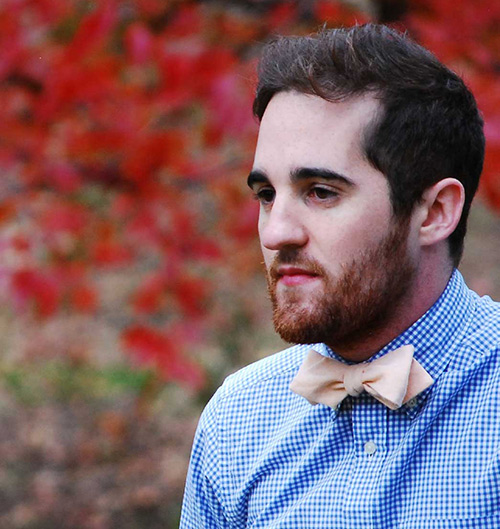Health Education Doctoral Student Ian Levy Named NY State School Counselor of the Year

The award “recognizes a school counselor who has exhibited outstanding service to students and the profession by demonstrating creative school counseling innovations, effective counseling programs, leadership skills and contributions to student success,” the NYSSCA wrote in a letter to Levy, who was honored at the association’s annual conference in Tarrytown, New York, in November.
Levy, who holds master of education (Ed.M.) and master of arts (M.A.) degrees in Psychological Education (Counseling Psychology track), and plans to receive a doctorate in education in Health Education from TC in May 2017, wrote in an email: “this award is a testament to the incredible preparation I received at Teachers College.”
Levy’s program uses hip hop music to reach teenagers who may not respond to more traditional counseling. In 2013 at New Visions Charter High School for Advanced Math and Science II, Levy created a small space with a microphone where students could come after school or during lunch to talk and experiment with recording. As a growing number of students wrote and recorded rap songs, Levy raised money to purchase more recording equipment. This year, he created a music class focused on these activities that is part of the school’s formal curriculum.
At a workshop at TC last summer, Levy said students in his program can model mental health-seeking behavior for their peers at school and in the communities in which they live. His work was featured in an article in The New York Times last January.
Published Wednesday, Jan 4, 2017